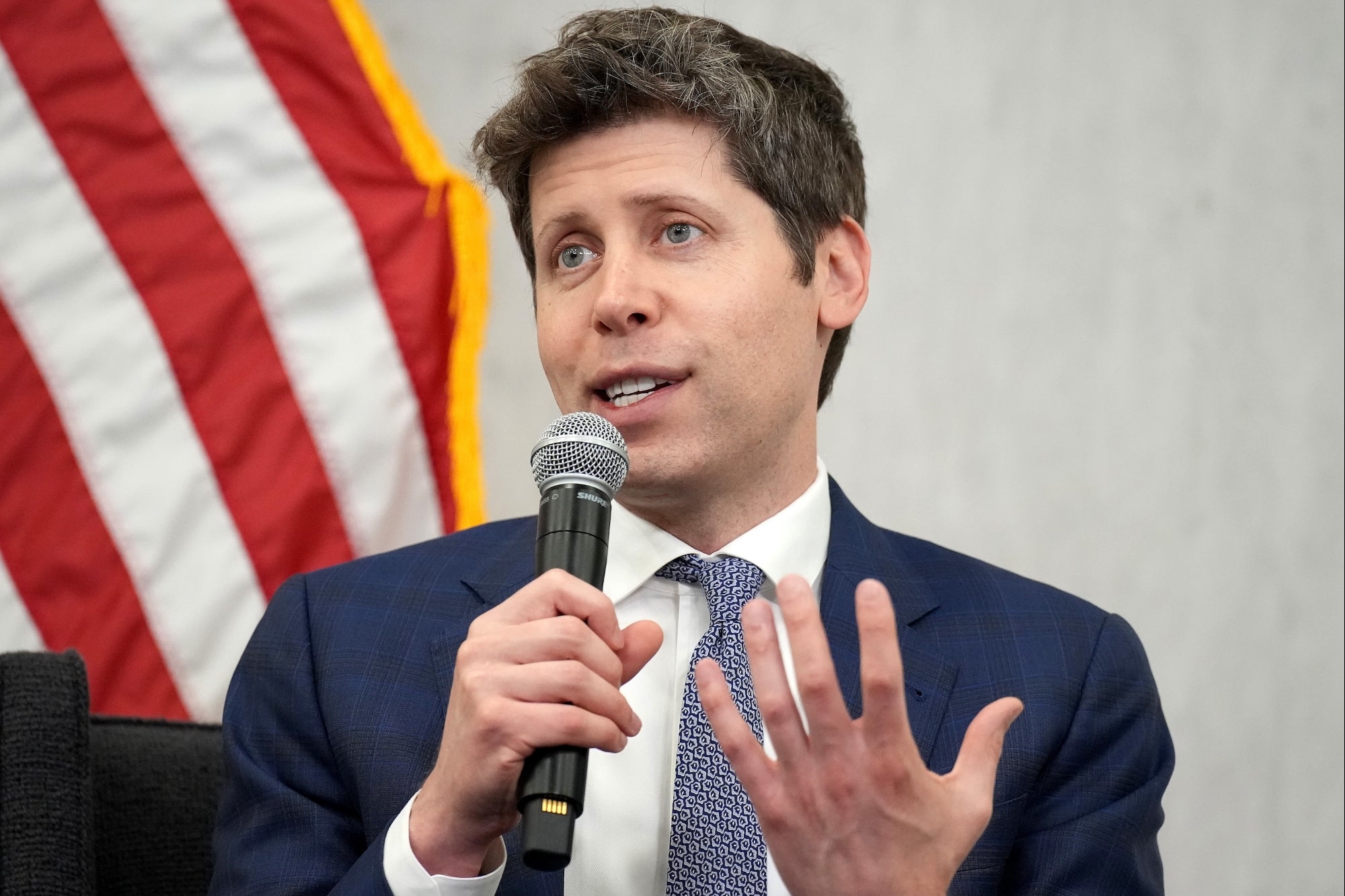What Scares OpenAI's CEO About Banks Today: 'This Is a Huge Deal'

The Growing Threat of AI in Financial Security
Sam Altman, the CEO of OpenAI, one of the most valuable AI startups with a valuation of $300 billion, has raised concerns about the use of voice authentication in the financial sector. At the Federal Reserve's Regulatory Capital Framework Conference in Washington, D.C., Altman emphasized the risks associated with relying on voice recognition for identity verification.
Altman pointed out that AI voice cloning technology can replicate a person's voice in just three seconds. This capability poses a significant threat as it enables fraudsters to access bank accounts and transfer funds without the account holder's knowledge. He expressed his concern about financial institutions still using voice prints as a method of authentication, calling it "a crazy thing to still be doing."
He also mentioned that AI has already defeated many of the current methods used by financial institutions to confirm identity. Altman warned that this advancement could lead to a "significant impending fraud crisis" if institutions do not adapt their verification processes. He urged financial leaders to rethink how they interact with customers and verify identities, stating that this is a critical issue that requires immediate attention.
During a Q&A session at the conference, Altman was asked what keeps him up at night. His response highlighted the potential for a widespread financial crisis where an adversary uses AI to attack the U.S. financial system. He explained that such an attack could result in the loss of everyone's money, with little ability to protect against it. Altman stressed the difficulty of maintaining protective measures against adversaries who possess more advanced AI capabilities.
These fears are echoed by other financial leaders. A survey conducted by consulting firm Accenture in March revealed that 80% of bank cybersecurity leaders believe AI allows bad actors to launch attacks faster than banks can respond. This indicates that financial institutions are struggling to keep pace with the rapid evolution of AI-driven scams targeting personal bank accounts.
The impact of these scams is evident in the increasing losses reported by consumers. According to the Federal Trade Commission, consumers lost over $12.5 billion to scams in 2024, marking a 25% increase from the previous year. The number of people falling victim to scams and losing money has also risen, with $2.95 billion lost to imposter scams alone.
Despite these challenges, some executives at OpenAI remain optimistic about the positive potential of AI. They believe the technology can contribute significantly to various fields, including eradicating diseases and supporting equal pay initiatives.
As the financial industry grapples with the implications of AI, it is clear that adapting to new technologies and security measures will be essential. The need for innovation and vigilance in the face of evolving threats is more important than ever. Financial institutions must take proactive steps to ensure the safety of their customers and the integrity of their systems.
Post a Comment for "What Scares OpenAI's CEO About Banks Today: 'This Is a Huge Deal'"
Post a Comment